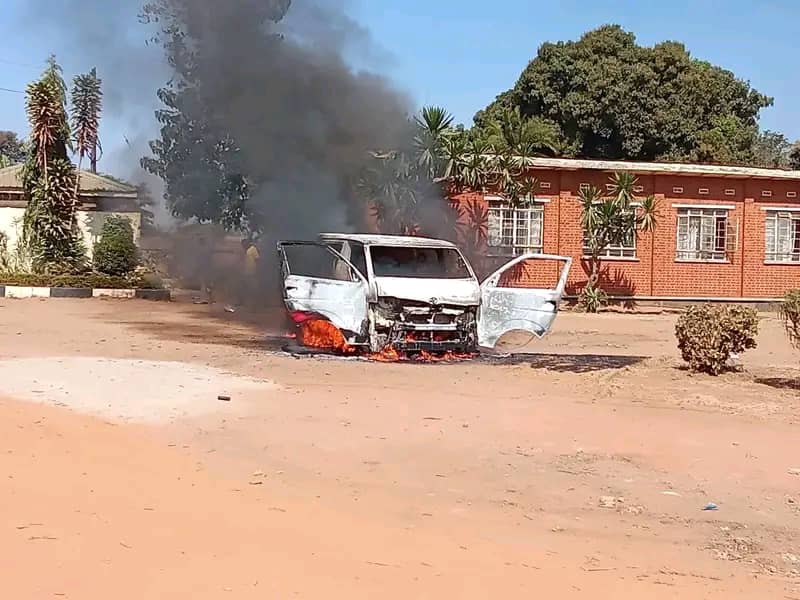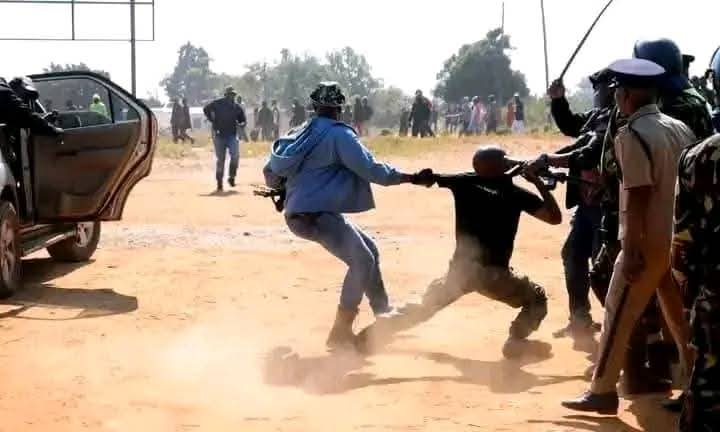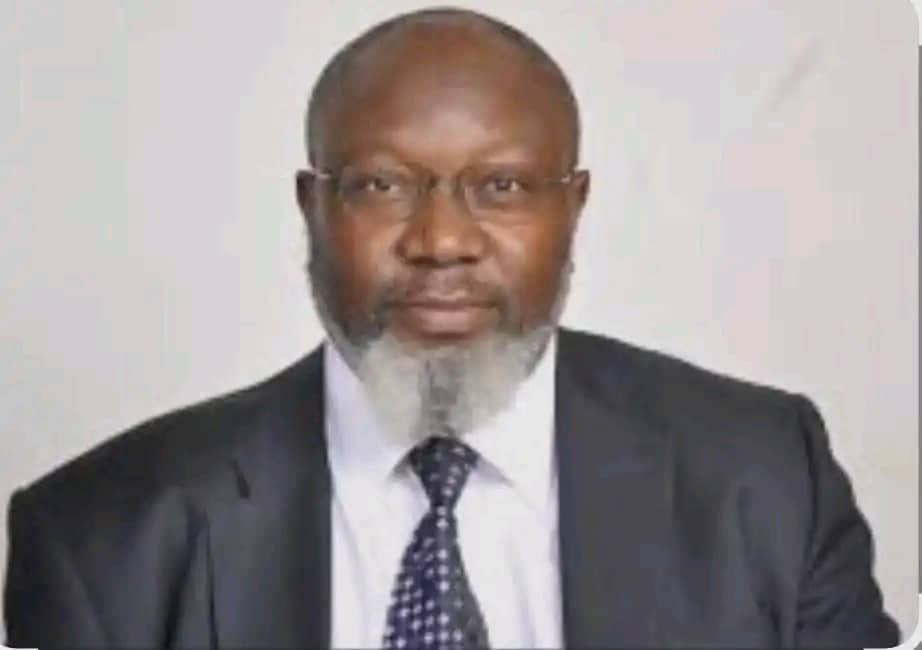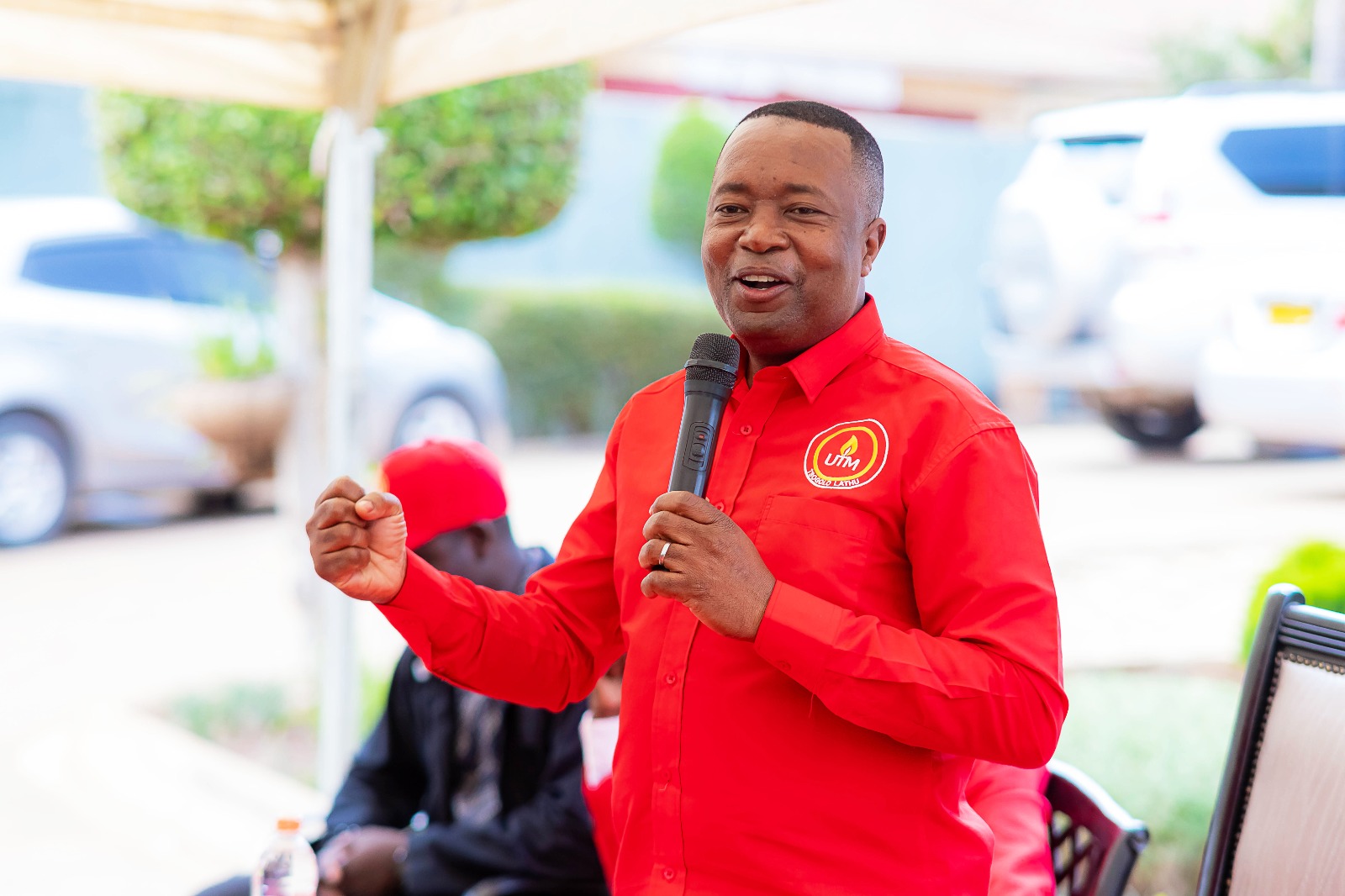By Burnett Munthali
The growing chorus of outrage over the recent attack in Malawi has prompted widespread condemnation from both local groups and international envoys.

The Weekend Nation front page captures the gravity of the moment, with a strong headline highlighting how multiple sectors of society have united in denouncing the violent incident.
Among those speaking out strongly is the European Union’s representative, whose presence in the media underscores the diplomatic concern over the deteriorating state of security and rule of law.
Local civil society organizations have also echoed the same sentiments, labelling the attack as a direct threat to democratic freedoms and a failure of state protection mechanisms.
The image of the EU envoy on the front page, holding documents and seated solemnly, symbolizes the deep concern shared by the international community regarding the conduct of state institutions in Malawi.
Particularly damning is the increasing demand for the resignation of the Inspector General of Police, who many believe has failed in his duty to ensure public safety and professional police conduct.
Public opinion has been sharply critical of the police’s role—or lack thereof—during the incident, with several witnesses reporting inaction from officers stationed nearby.
Human rights defenders argue that such silence from law enforcement amounts to complicity and erodes public trust in the institutions that are supposed to protect citizens.
The attack, which took place in the capital city of Lilongwe, has reignited debates about political violence, police reform, and accountability within Malawi’s fragile democratic space.
Commentators, including diplomats, warn that failure to address this violence decisively may harm Malawi’s international standing and threaten its access to support and cooperation.
Calls for the Inspector General of Police to step down have grown louder, with many believing that leadership change is the only path to restoring integrity within the Malawi Police Service.
Meanwhile, Skinnebach, likely representing the European Union or another key diplomatic mission, reportedly described the act of sending attackers as a “huge mistake,” further intensifying the scrutiny on government and security forces.
The message is clear: both Malawians and the international community are demanding accountability, justice, and immediate action to curb impunity and safeguard the nation’s democracy.
In this moment of reckoning, Malawi stands at a crossroads, where institutional response—or lack thereof—will define the country’s commitment to human rights and democratic values.




